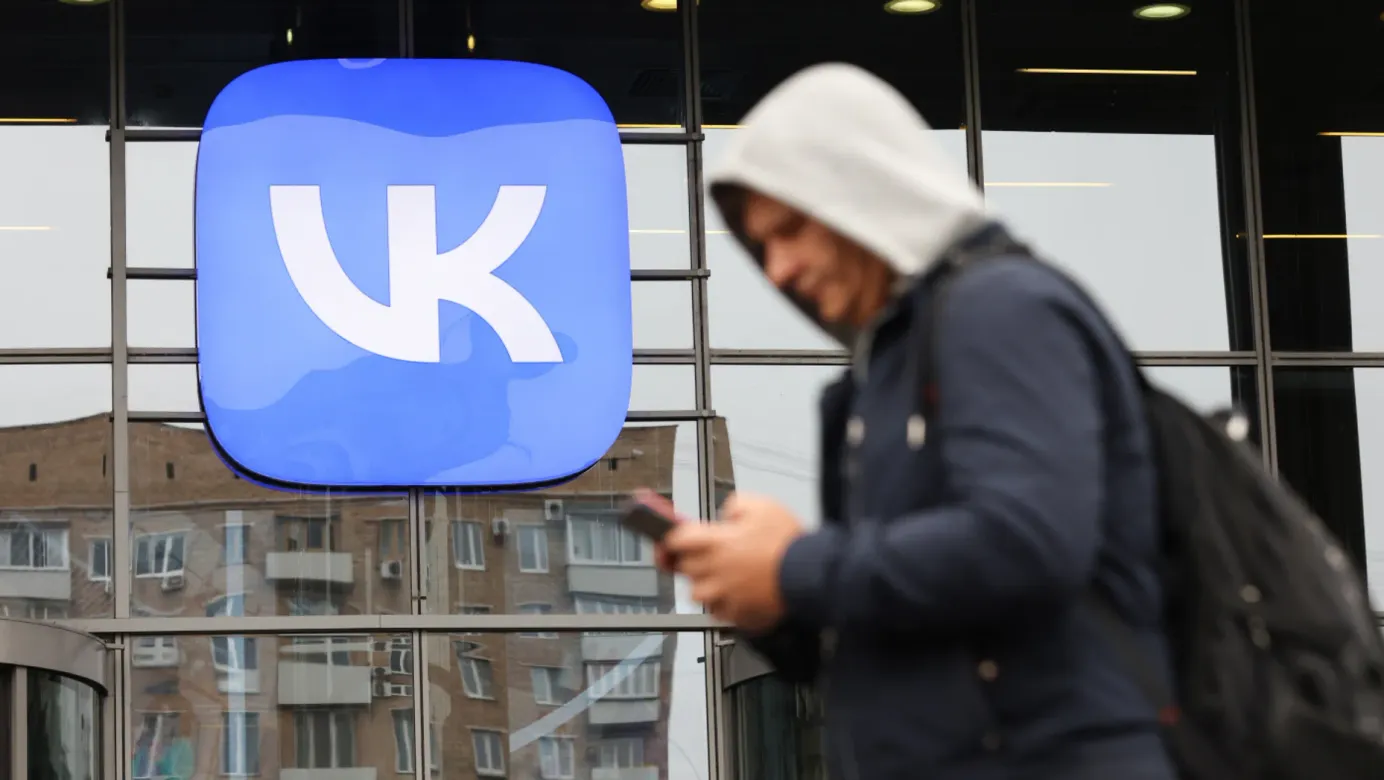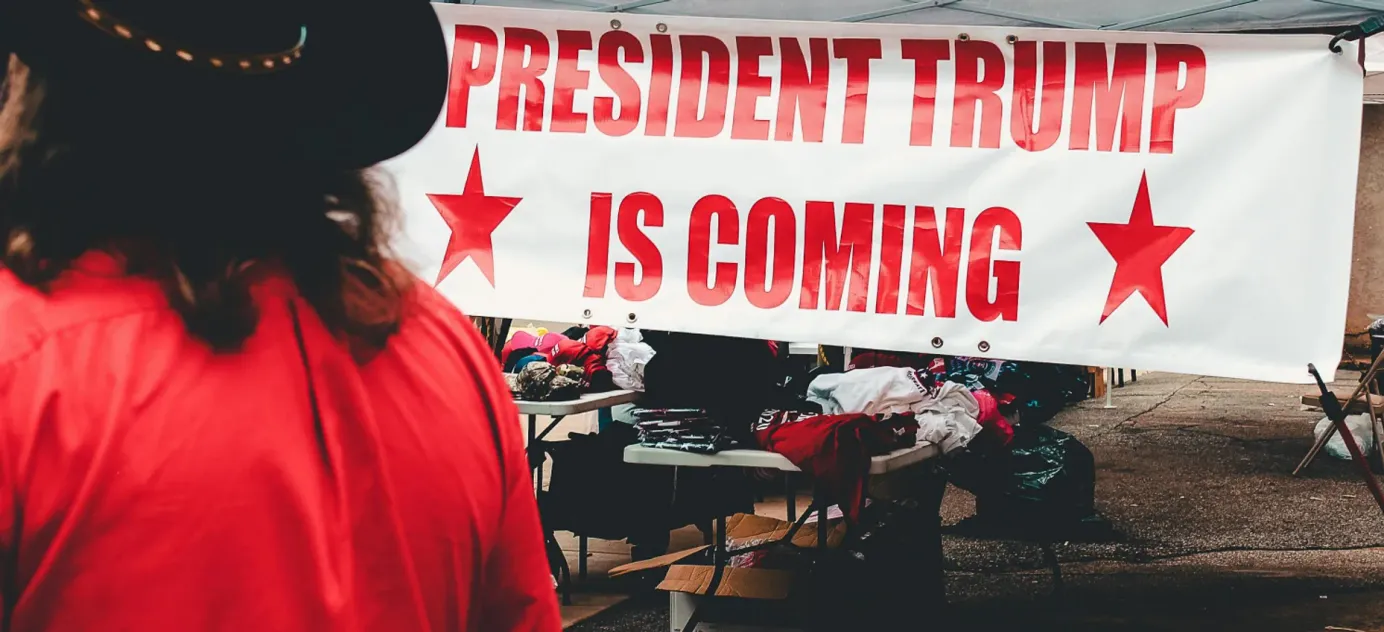
VK posts huge loss, eyes massive cash injection
Tech giant VK, which operates the country’s largest social media site and is often dubbed “Russia’s Facebook”, posted a staggering set of results for 2024: a billion-dollar loss and overall outstanding debt of more than $2 billion. Now the firm, which the Kremlin is backing heavily to create a domestic alternative to YouTube, needs propping up with hard cash — for which a plan has already been put in place.
- VK is one of Russia’s leading tech companies. Yet while its revenues were up 23%, from 120 to 148 billion rubles ($1.4 bln to $1.7 bln) last year, its net loss almost trebled — from 34 to 95 bln rubles ($0.4 bln to $1.1 bln). That shot the company’s debt burden up 50% to 174 billion rubles ($2.1 bln) and set its debt-to-capital ratio at a very high 6.6. By comparison, the average ratio in the U.S. tech sector is 0.19 and Facebook-owner Meta runs at 0.16.
- Tactfully, the company’s press release did not mention any of those eye-watering figures. Instead it talked up a 20% increase in advertising revenue, which climbed to 96.1 billion rubles ($1.1 bln) and pushes its claim to be the biggest social media site in Russia. Last year, it said its average daily audience was 77 million users. However, inside Russia the platform is still less popular than messenger Telegram, whose creator Pavel Durov set up VK in the 2000s (read more about Durov, VK and Telegram here). VK had an average daily reach of 59 million in Russia while Telegram stood on 68 million, according to Mediascope data.
- The fact VK did not feel it needed to highlight the mammoth loss in the press release is not just sly corporate communications. Since 2021, when a stake in VK was handed to businesses linked to Yury Kovalchuk, a close friend of Vladimir Putin, and even more so since the Russian invasion of Ukraine in 2022, the company’s main task from the Kremlin has not been to make money, but to recruit and build its audience. VK has certainly tried to fulfil that role, spending huge sums on buying up content and exclusive deals with creators. But things really started moving in its direction only after the authorities started throttling YouTube — a move taken by the Kremlin precisely to ensure VK’s success.
- However, the strategy proved impossible to make profitable. VK’s financial performance has grown worse and worse. The state has already stepped in to save the company once, with a cash injection of 60 billion rubles from the National Welfare Fund in spring 2023. Now it’s time for another rescue. The company announced it would place 115 billion rubles of additional shares ($1.4 bln) — at a price of 326 rubles ($3.85) each, 6% higher than the current market rate. Existing shareholders will have the right to buy in at levels set in proportion to their current stakes.
- The shares that remain unclaimed by them (set to be the majority) will be sold to third-party buyers via closed subscription. They are likely to be bought up either by a state institution or an oligarch that has been directly instructed by the Kremlin to save the company. It’s not yet clear who will be given this task.
Why the world should care:
It’s not so important who becomes a new major shareholder in VK: the controlling stake will remain with gas giant Gazprom and Yury Kovalchuk. And the company’s strategic direction will continue to be set by Sergei Kiriyenko, deputy head of the presidential administration and father of VK’s CEO Vladimir Kiriyenko. The numbers themselves, however, are more interesting. Whoever bails out the social network will have to spend almost as much to cover VK’s losses as is needed to save the entire Russian coal industry, one of the worst performing sectors in the country that has come close to catastrophe in recent months.





